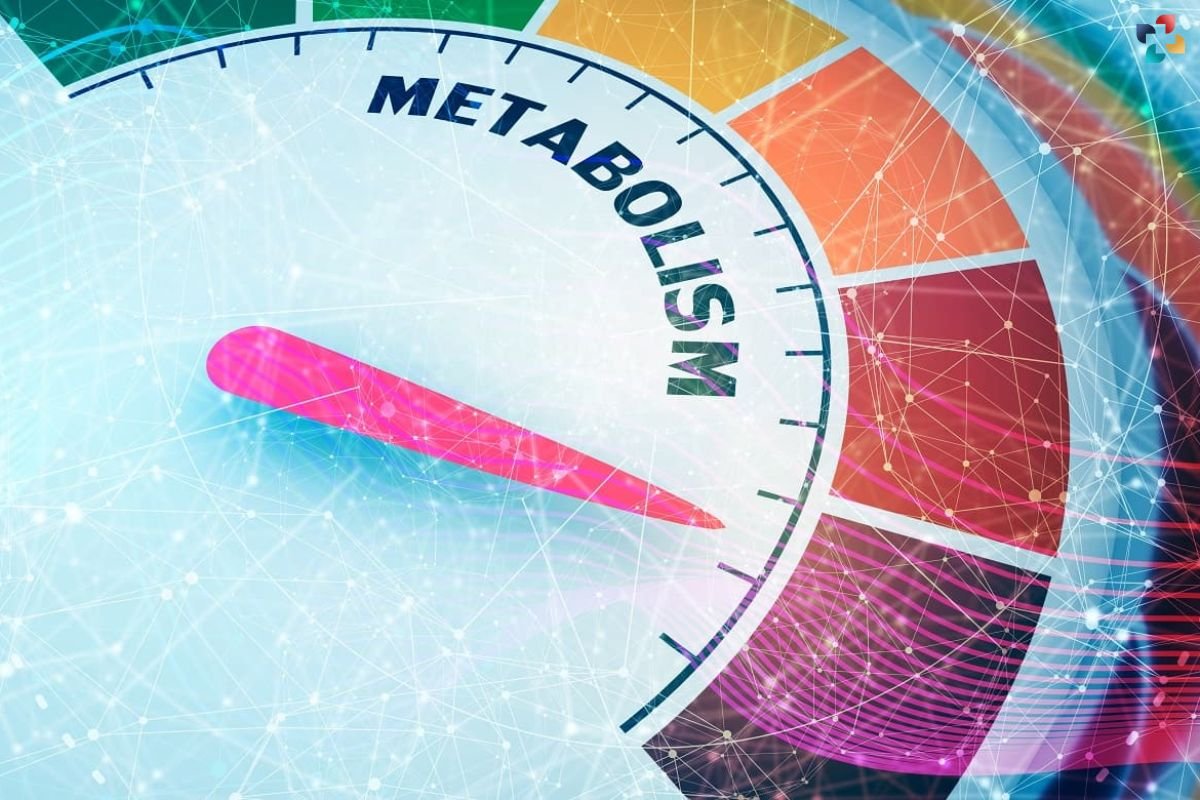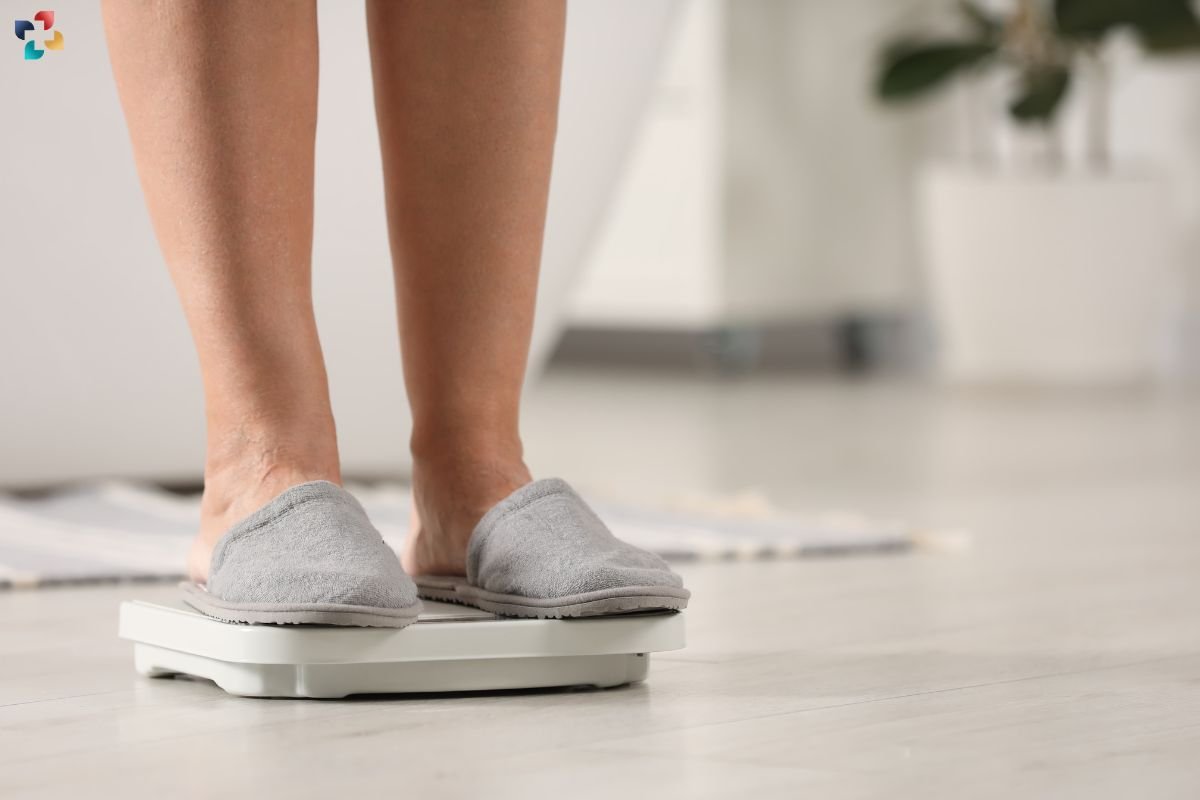Menopause is a natural phase in a woman’s life, marking the end of her reproductive years. While it comes with a range of symptoms, one of the most common and frustrating issues is weight gain. This article will delve into the causes of menopause weight gain, effective management strategies, and preventive measures to help women maintain a healthy weight during this transitional period.
Causes of Menopause Weight Gain
Menopause weight gain is influenced by several factors, including hormonal changes, lifestyle factors, and aging. Understanding these causes can help in devising effective strategies to combat it.
1. Hormonal Changes
As women approach menopause, their bodies undergo significant hormonal fluctuations. Estrogen levels decline, which plays a crucial role in regulating body weight. Lower estrogen levels can lead to increased fat storage, particularly around the abdomen. This shift in fat distribution not only affects appearance but also increases the risk of cardiovascular diseases and type 2 diabetes.
2. Decreased Metabolism

Aging naturally slows down the metabolic rate, meaning the body burns fewer calories at rest. This decrease in metabolism, combined with reduced physical activity, can contribute to weight gain. Muscle mass also tends to decrease with age, further reducing the number of calories burned and leading to an increase in body fat.
3. Lifestyle Factors
Changes in lifestyle and activity levels can also contribute to menopause weight gain. Many women experience a reduction in physical activity due to busy schedules, work commitments, or simply feeling less energetic. Additionally, stress and sleep disturbances, which are common during menopause, can lead to unhealthy eating habits and further weight gain.
Managing Menopause Weight Gain
While menopause weight gain can be challenging, it is not inevitable. Adopting a comprehensive approach that includes dietary changes, regular exercise, and lifestyle modifications can help manage weight effectively.
1. Balanced Diet
Eating a balanced diet is crucial for managing menopause weight gain. Focus on nutrient-dense foods that provide essential vitamins and minerals without excessive calories. Incorporate plenty of fruits, vegetables, lean proteins, and whole grains into your meals. These foods help maintain a feeling of fullness, reducing the likelihood of overeating.
Key Dietary Tips:

- Increase Fiber Intake: Foods high in fiber, such as vegetables, fruits, and whole grains, help regulate digestion and keep you feeling full longer.
- Choose Healthy Fats: Opt for sources of healthy fats, like avocados, nuts, seeds, and olive oil, which support overall health without contributing to weight gain.
- Limit Sugars and Refined Carbs: Reducing the intake of sugary foods and refined carbohydrates can help stabilize blood sugar levels and prevent cravings.
2. Regular Exercise
Physical activity is essential for maintaining a healthy weight during menopause. Combining aerobic exercises with strength training can help boost metabolism, build muscle mass, and burn calories more efficiently.
Effective Exercise Strategies:
- Aerobic Exercise: Activities like walking, jogging, swimming, and cycling increase heart rate and burn calories. Aim for at least 150 minutes of moderate-intensity aerobic activity per week.
- Strength Training: Lifting weights or using resistance bands helps build muscle mass, which can enhance metabolic rate. Include strength training exercises at least two days a week.
- Flexibility and Balance Exercises: Yoga and Pilates can improve flexibility, balance, and overall well-being, reducing the risk of injury and promoting a healthy lifestyle.
3. Stress Management
Stress can significantly impact weight gain during menopause. Elevated stress levels can lead to emotional eating and poor dietary choices. Incorporating stress-reducing practices into your daily routine can help manage weight effectively.
Stress-Reduction Techniques:

- Mindfulness and Meditation: Practicing mindfulness and meditation can reduce stress levels and promote a sense of calm and control.
- Deep Breathing Exercises: Simple deep breathing exercises can lower stress hormones and improve overall well-being.
- Adequate Sleep: Prioritize getting 7-9 hours of quality sleep per night. Poor sleep can disrupt hunger hormones, leading to increased appetite and weight gain.
Preventing Menopause Weight Gain
While managing menopause weight gain is important, taking preventive measures can make a significant difference in maintaining a healthy weight throughout this transition.
1. Establish Healthy Habits Early
Adopting healthy habits before reaching menopause can help mitigate weight gain later. Building a foundation of good nutrition and regular physical activity can set the stage for successful weight management during menopause.
Proactive Strategies:
- Consistent Routine: Establish a regular exercise routine and stick to it, making physical activity a non-negotiable part of your day.
- Healthy Eating Patterns: Develop healthy eating patterns that include balanced meals and mindful eating practices to prevent overindulgence.
- Monitor Weight: Regularly monitor your weight to catch any gradual increases early and take corrective action if necessary.
2. Hormone Replacement Therapy (HRT)
Hormone Replacement Therapy (HRT) can be an option for some women experiencing severe menopause symptoms, including weight gain. HRT can help balance hormone levels and alleviate symptoms, but it is essential to discuss the risks and benefits with a healthcare provider.
Considerations for HRT:
- Consult a Doctor: Before starting HRT, consult a healthcare professional to determine if it is a suitable option based on your individual health and medical history.
- Monitor Effects: Regularly monitor the effects of HRT on your weight and overall well-being, making adjustments as needed in consultation with your healthcare provider.
3. Support and Accountability
Having a support system can make a significant difference in managing menopause weight gain. Engaging with friends, family, or support groups can provide motivation, encouragement, and accountability.
Building a Support System:
- Join a Group: Consider joining a fitness class, a walking group, or an online community focused on menopause and weight management.
- Buddy System: Partner with a friend or family member to exercise together, share healthy recipes, and support each other’s goals.
- Seek Professional Help: Working with a nutritionist, personal trainer, or health coach can provide personalized guidance and support tailored to your needs.
Conclusion
Menopause weight gain is a common concern, but it can be managed and even prevented with the right strategies. By understanding the underlying causes, making informed lifestyle choices, and seeking support when needed, women can navigate menopause while maintaining a healthy weight and overall well-being. Embracing a balanced diet, regular exercise, stress management, and proactive measures can empower women to take control of their health and thrive during this significant life transition.







